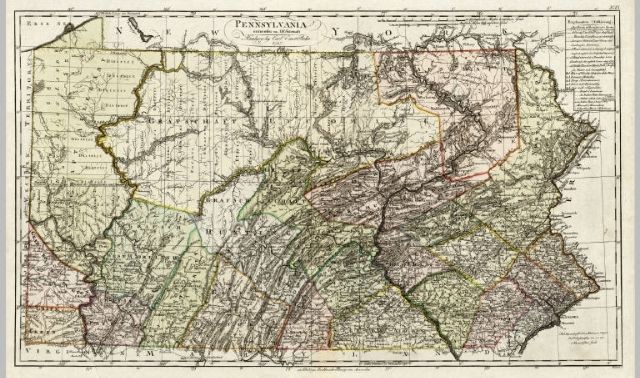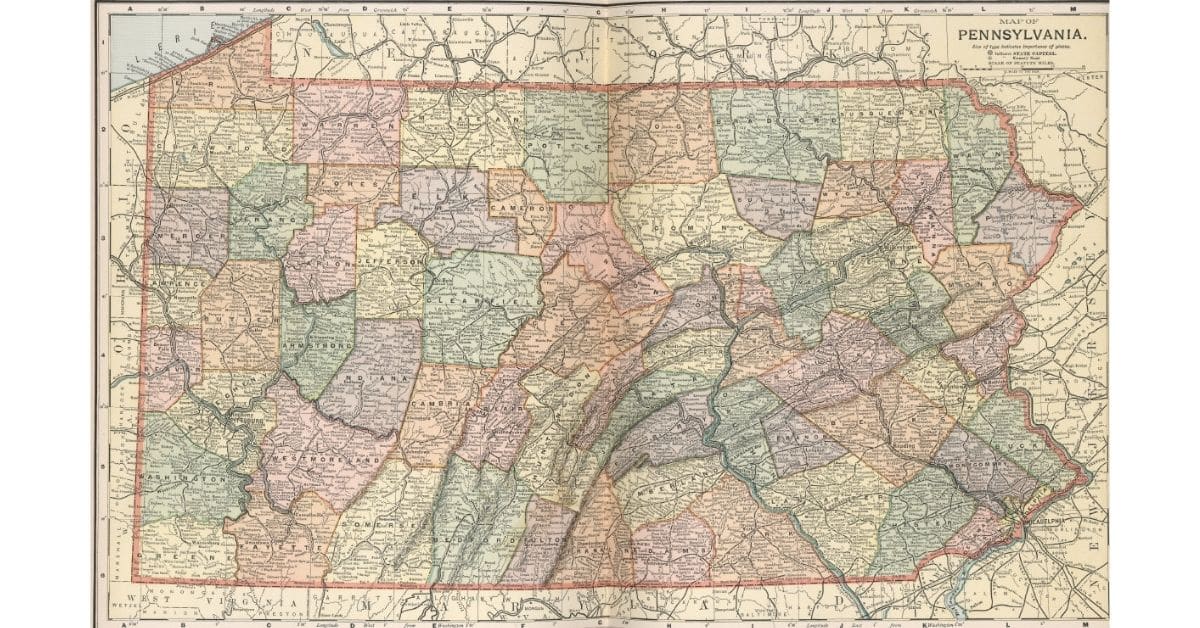Sign up for the Family Tree Newsletter! Plus, you’ll receive our 10 Essential Genealogy Research Forms PDF as a special thank you.
Get Your Free Genealogy Forms
"*" indicates required fields

If you come from “Pennsylvania Dutch,” your ancestors may have lived in Pennsylvania, but they probably weren’t Dutch.
The so-called Pennsylvania Dutch aren’t from the Netherlands at all. They’re actually descendants of 17th- and 18th-century German-speaking immigrants in William Penn’s colony. Their language eventually evolved into a unique dialect, and these Germans made up nearly half the population of Pennsylvania at the time of the American Revolution.
Why is it called Pennsylvania Dutch?
The Colonial English used the term Dutch to describe both Germans and Netherlanders. The term may be a corruption of Deutsch, the German word for German. Or, since most of these German emigrants departed Europe from the Dutch port of Rotterdam, their embarkation point may have been remembered instead of their actual origin.
ADVERTISEMENT
Whatever the reason, it’s a tough situation to undo. The 2000 US census reported a huge upsurge in the number of Pennsylvanians who claim Dutch heritage. The confusing nomenclature is the only answer demographers could come up with. Fortunately, the problem doesn’t exist for 19th-century immigrants, who are known simply as German-Americans.
Were my ancestors Pennsylvania Dutch?
If your ancestors are of German or Swiss descent and lived in or immigrated through Pennsylvania before 1800, there’s a good chance they were Pennsylvania Dutch.
There are a few difficulties that come with researching Pennsylvania Dutch ancestors. Firstly, records are sparse before 1850. Census records only named heads-of-household and, outside of New England, birth and death records are virtually nonexistent.
ADVERTISEMENT
It’s a bleak picture, but don’t despair! Instead of focusing your research on civil records, focus on church and religious records. Your Pennsylvania Dutch ancestors may not have a birth certificate, but they might have a baptismal certificate. Family Bibles are another possible source of vital birth and death information.
Another difficulty you might encounter is Fraktur, a decorative German script that’s notoriously hard to read. Arm yourself with a basic knowledge of common German genealogy terms. There are also a few helpful websites out there to help decipher writing in Fraktur.
Last updated: April 2023
Related Reads
ADVERTISEMENT






